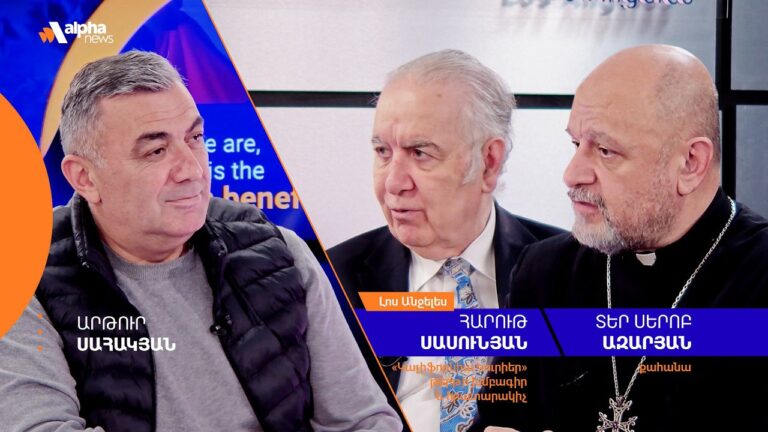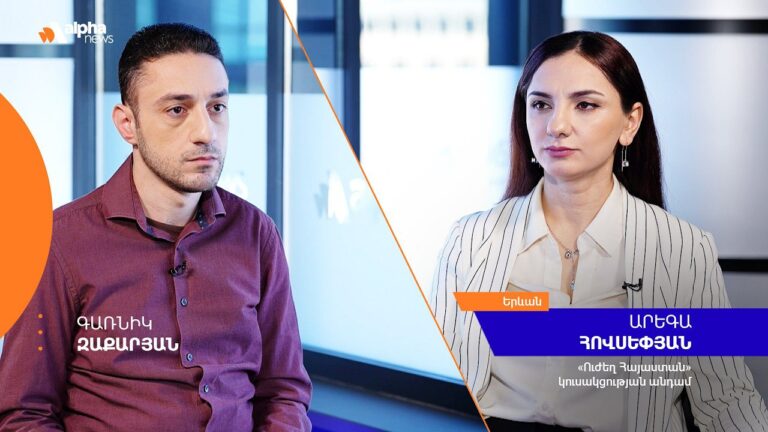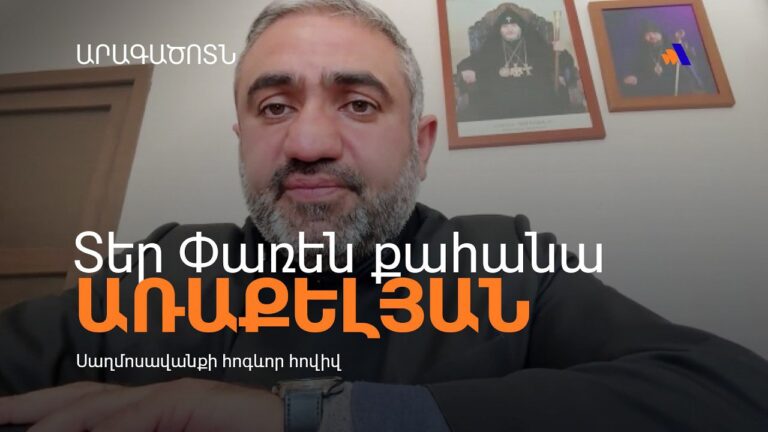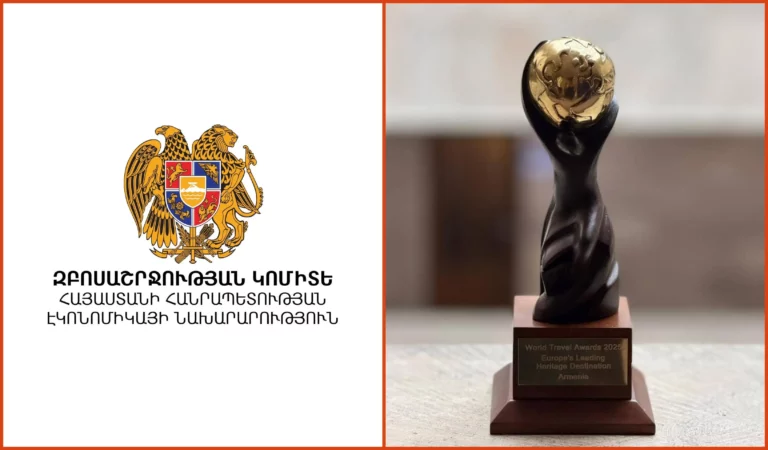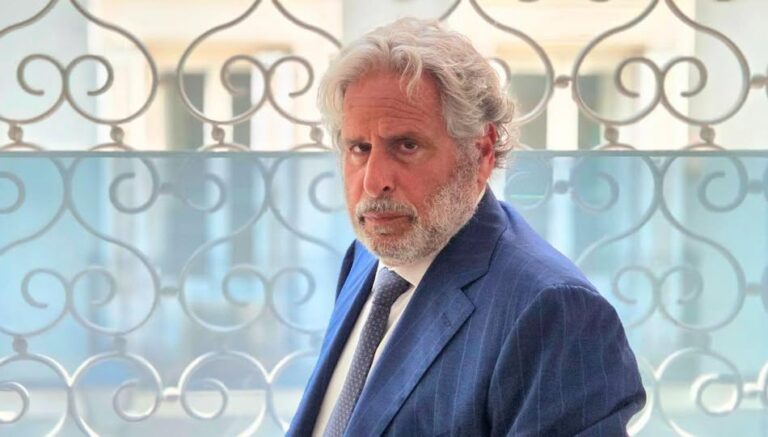Process of signing peace treaty is being stalled, says political scientist

Speaking with Alpha News, Russian political scientist Artur Atayev commented on the statement by Armenian Foreign Minister Ararat Mirzoyan that there are certain setbacks in Azerbaijan’s proposals for a peace treaty.
According to the expert, Armenia and Azerbaijan have essentially different positions regarding a peace treaty.
“Armenia and Azerbaijan have a completely different vision of Azerbaijani and Armenian interests. If you dig deeper, these contradictions are highlighted by the most obvious component. The first component and the first problem is the issue of corridors. It is clear to Azerbaijan what the so-called Zangezur corridor is, but to Armenia it isn’t [clear],” Atayev said.
“If we talk about the peaceful resolution to the conflict in the context of what happened in Nagorno-Karabakh, Azerbaijan has its own understanding of the issue, which completely wipes the Armenian factor out in this region. And Armenia has the factor of Armenian Prime Minister Nikol Pashinyan, who recognized the borders at a well-known meeting.
The setbacks Mirzoyan is talking about have an objective and subjective component. The objective one is due to the fact that Armenia continues to position itself not as a losing side but as a side that seeks parity. Azerbaijan insists that Armenia is definitely the losing side, and if this is not voiced in Baku’s statements, it can be traced in its actions. Mirzoyan’s statement obviously has a real component. Azerbaijan wants to dominate, but there is Russia, there is the European Union. These actors—these external forces—are trying to ensure that there is a balance. This does not always work out, which is why the process of signing a peace agreement, a peace treaty is being stalled,” the political scientist concluded.

